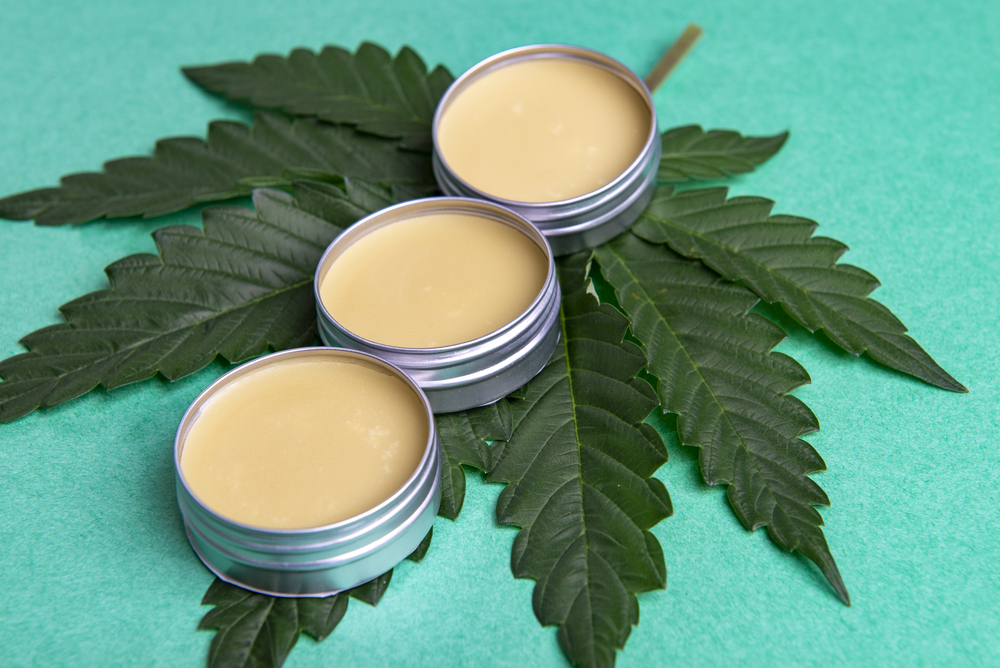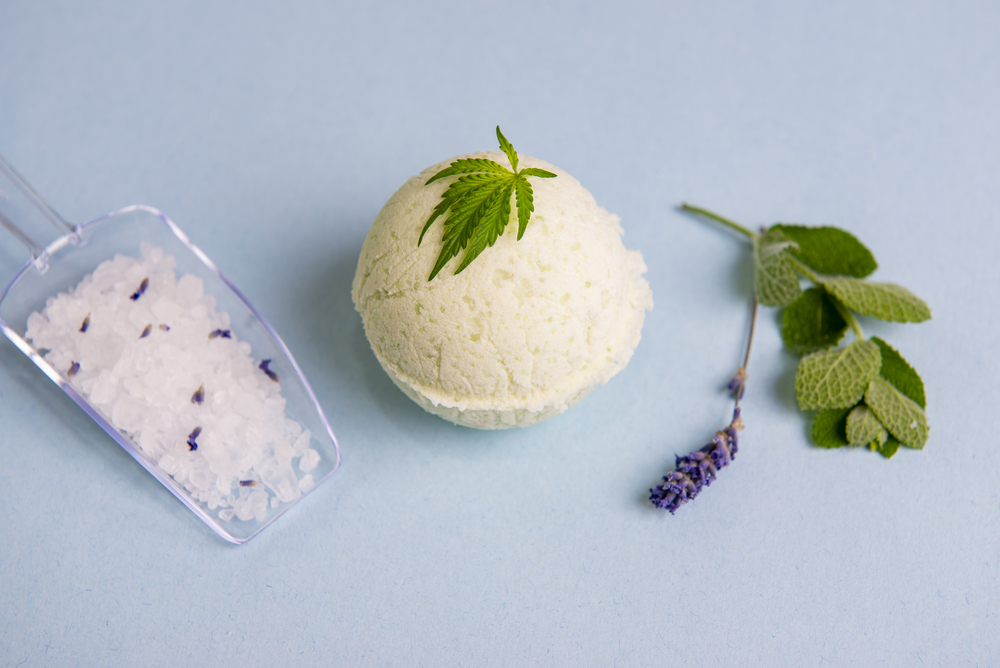
For most people, the favorite way to consume cannabis is through smokables (raw flower or vape) or edibles, including tinctures. But for patients who suffer from pain symptoms, topicals may also provide effective relief.
Are you already using topical ointments or creams available over the counter (OTC) at your local pharmacy? If you have ever met someone with a health problem who uses cannabis-infused topicals, you may be thinking about trying them.
Here are seven important things you need to know about cannabis topicals. And why you should always ‘try before you buy’ by getting a sample or a small amount first. All cannabis topicals are not created equal. But you might find one that can help make pain and inflammation a little more bearable.
When you think of cannabis topicals, you may visualize a cream or ointment. Something that you can apply directly to an area of your body for wellness benefits. Cannabis-infused topical products are available in every medical dispensary and can help a variety of symptoms.
But there are other types of topicals that can also help you feel more relaxed, condition your skin, and provide antioxidant and anti-inflammatory properties. Remember, after being absorbed into the skin, cannabinoids can provide many health benefits.
Some other types of cannabis-infused topicals products include:
For people living with diabetes, foot care is very important. Neuropathy can cause changes to skin and nails. And areas of the body that have less blood flow can also develop painfully dry and cracking skin. Cannabis-infused diabetic foot cream could help reduce infections by addressing dryness of the skin.

Topical products absorb through the skin quickly, where CB2 receptors bind with CBD. The CB2 receptor is the most plentiful receptor found in the skin. There are also CB1 receptors in the dermis but in much smaller amounts.
The cannabinoid topical has a fast uptake through the CB2 and CB1 receptors. But specifically, receptors in the area where you may be feeling pain or experiencing inflammation. That’s why the response is so fast and how cannabinoid topicals can provide localized relief. Exactly in the area where you need it most.
It is possible to become intoxicated with a cannabis topical, but it is very rare. If a large volume of cannabis-infused cream was applied to an area of broken skin, it could be absorbed. And provide mild psychoactive effects. However, in general, most topical creams made with cannabidiol or Delta-9 THC do not cause impairment.
Transdermal patches can technically be called topical because they are applied to the skin. If you are using cannabis-infused patches, you can become impaired depending on the potency.
If you live in a state that has legalized medical marijuana, you are likely to find clinical-grade topicals at your local dispensary. A dispensary may also carry various potencies of creams, lotions, and oils to use for conditions ranging from mild to moderate.
States that have not legalized medical cannabis will not have cannabis-infused topicals. And ordering them online for delivery is not legal. But clinical grade CBD topicals are always available.
The best quality CBD topicals can be found at health stores or online. But do a little research before you buy to make sure you are getting a trustworthy brand. There are many imposter products that claim to be clinical-grade CBD and are not.
Start by making sure you are choosing a topical made with full-spectrum cannabinoids. That can include cream or oil that has CBD, THC, CBG, CBC, CBN, and CBDV). Your topical may also have other terpene or herbal additives, like menthol or calendula oil.
Most topicals recommend application up to three times daily. Less is more in terms of the quality of topical that you apply. Remember to rub it in full so that it is absorbed by the skin and your CB1 and CB1 receptors.
There have been several studies that addressed the question of testing positive for THC after using topicals. The conclusion is that the topicals that contained THC did not result in positive blood or urine analysis test.
The same cannot be said for transdermal patches, however. Depending on the potency of the patch, it may or may not result in a positive test for THC.
If you or someone you know suffers from severe acne, you have probably tried every medication possible to absorb it, from special cleansers to topical creams, prescription strength, and over-the-counter. Acne has a profound impact on self-esteem because it affects appearance. And people can spend years trying to find something that works.
Several studies suggest that cannabidiol or CBD can help get rid of acne. And you may have already tried CBD without success. But that may be due to using a CBD oil that was not clinical strength in terms of potency.
A 2017 study showed that many CBD products do not match the potency claims on the label. This was especially true for CBD oils that were purchased online. So, it is important to buy high-quality CBD, especially if you plan to use it topically.
If you plan to try CBD oil as a topical on your skin, you can combine it with a carrier oil like argan or coconut before application. While applying more oil to your face if you have acne may seem counterintuitive, carrier oils increase bioavailability. That means they can help your skin absorb more the CBD oil because they are fat-soluble. CBD dissolves inside a carrier oil and then is rapidly absorbed into the skin.
Cannabidiol mixed with a carrier oil may also help reduce eczema, psoriasis, tighten pores and reduce visible lines on the face. The powerful anti-inflammatory and antioxidant properties of CBD have a number of benefits inside (taken internally) and outside the body.
Don’t forget to wash your hands thoroughly after you have applied a THC topical to your skin. Because many companies add other natural ingredients that can burn if they contact areas of the body with a mucus membrane. The burning sensation is unpleasant if you touch your eyes, the inside of your nose, or other sensitive areas on your body.
Featured Image: Deposit Photos
No Information on MarijuanaDoctors.Com should be used to diagnose, treat, prevent or cure any disease or condition. You can view our Full Disclaimer here.